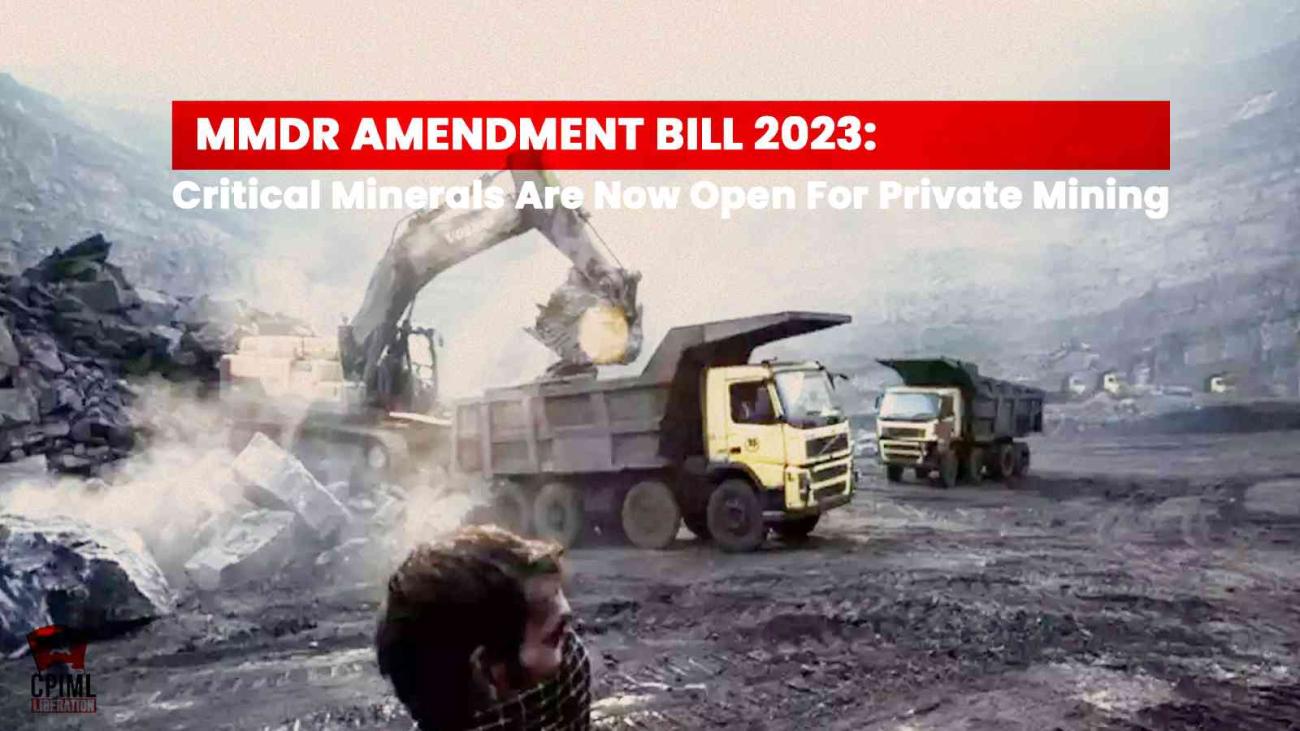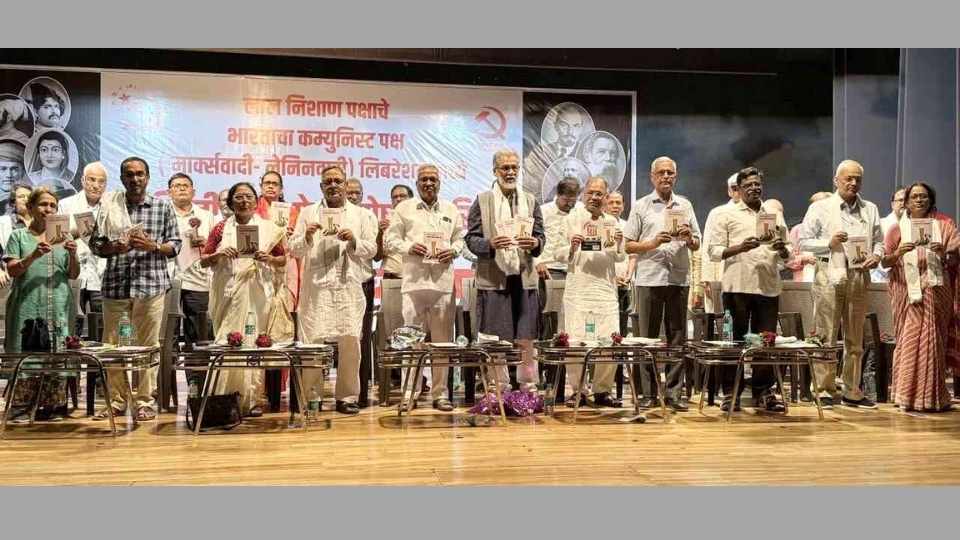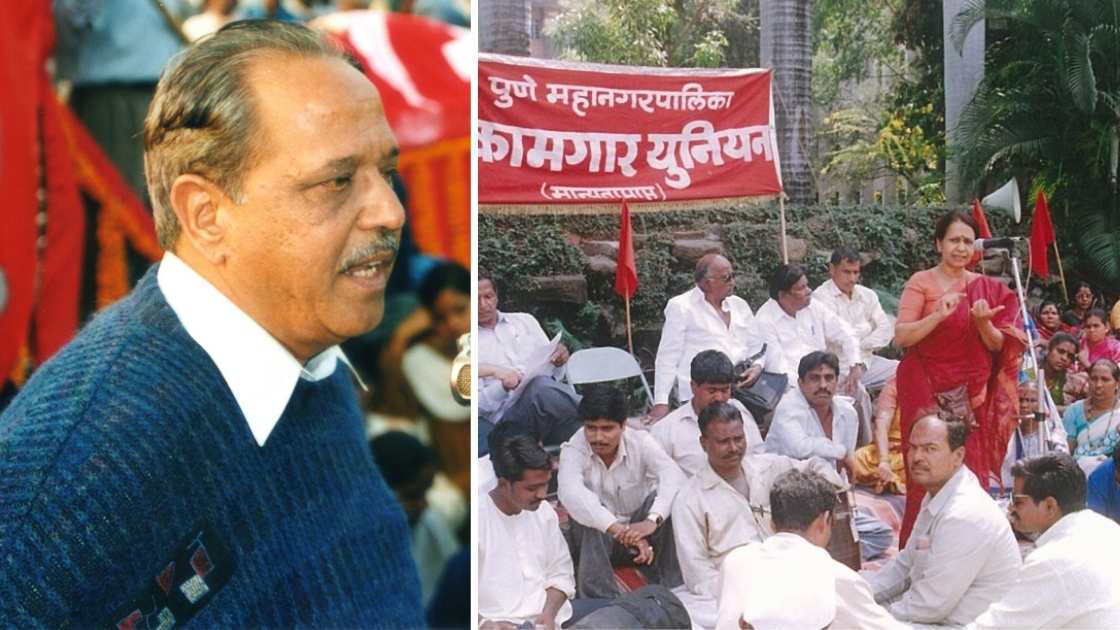Earlier in the Act, 12 atomic minerals were reserved for mining and exploration only by the Government entities. The new Bill declassifies 6 atomic minerals from this list. With the new amendments, private sectors are now allowed to get exploration licence to mine these 6 minerals namely lithium, beryllium, niobium, titanium, tantalum and zirconium alongwith ‘deep seated minerals’, such as gold, silver, copper, zinc, lead, nickel, cobalt, and platinum group of minerals, diamonds which are difficult and expensive to explore and mine comparing to the surficial or bulk minerals. Minerals like lithium and other 5 minerals which are used for manufacturing batteries for electric vehicles and energy storage devices, aerospace industry, electronics, telecommunications etc. have been categorized into a list of ‘critical and strategic’ minerals. According to the Bill, auction for composite licence and mining lease for specified critical and strategic minerals will be conducted by the central government. However, concessions can still be granted by the state government.
The Bill also increases the maximum area in which activities are permitted under a single exploration licence up to 1,000 km2. Earlier, a prospecting licence allowed activities in an area up to 25 km2. After the initial three-year period, the licensee will be allowed to keep upto 25% of the originally approved area, provided they submit a report to the state government justifying the need to retain the specified area. The Bill has further facilitated an incentive (share in the auction value of the mining lease) to the licencee for the mineral prospected by them which will be prescribed by the central government. Even if the state government does not complete auction of mining lease within the specified period, the state government needs to pay to the exploration licencee an amount prescribed by the central government. Altogether, the Bill grants the Central government the authority to conduct auctions for mining leases and composite licenses pertaining to specific critical minerals and aims to foster, promote, and provide incentives for private sector involvement in all aspects.
As per reports published in The Hindu, it is estimated that India has explored just 10% of its Obvious Geological Potential (OGP) mostly by Geological Survey of India and other PSUs like Mineral Exploration Corporation Limited (MECL), less than 2% of which is mined and the country spends less than 1% of the global mineral exploration budget. Instead of developing specialized technical abilities of these government entities, the Bill has been designed to attract private sector investment in the exploration of critical and deep-seated minerals in the country without addressing the safety (both environmental and occupational) consequences and peoples’ rights.
India is highly dependent on import of many of these critical minerals due to lack of availability, limited exploration and extraction processes. The need of clean energy and net zero emission goals are being publicized to facilitate greater accessibility of these critical minerals such as lithium and other rare earth elements. In the name of enabling increased availability, declassifying these minerals would eventually enable private players to takeover and hound profits from exploration and mining of these strategic minerals. We must not forget, renewable energy can only be a meaningful solution if it is done in a decentralized way ensuring access to common people and not handed over to a few corporate players like Adani, Acme, Birla as their profit-making ground.
MMDR Amendment Bill 2023 also needs to be seen in the light of Forest (Conservation) Amendment Bill 2023 which was also passed in the same monsoon session of the Parliament. On one hand, forest lands are made vulnerable by redefining forest, expanding the exemption list (including exemption of land within 100 kilometres of the borders from conservation laws), amending the range of ‘Non Forest use’, imposing centralized forest governance and suppressing legal rights of the forest communities. Simultaneously, private mining is being encouraged and incentivized in the area of critical and strategic minerals. This is nothing but a clear ploy to expedite corporate takeover of vast forest, mineral and other natural resources disregarding people’s rights.





